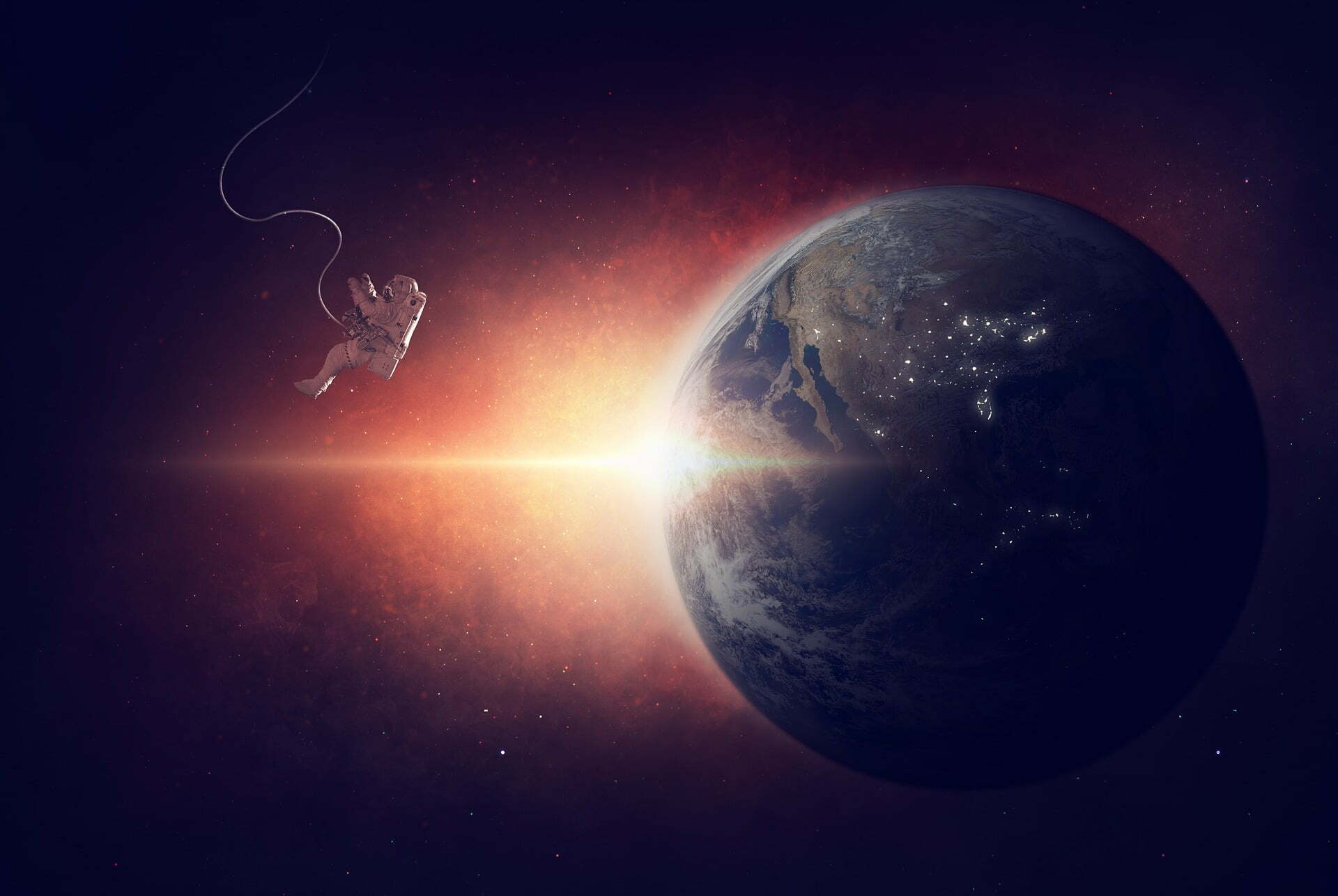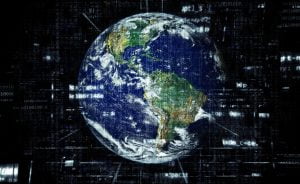Recently I came upon a post shared on one of the social media pages I follow (originally found here, now a dead link). It briefly discusses a phenomenon that astronauts who have visited space encounter called “the overview effect.” A book named “The Overview Effect” by Frank White (who coined the phrase) discusses the phenomenon at length. To summarize the idea of the phenomenon the aforementioned post shares a quote by Apollo 14 astronaut Edgar Mitchell:
You develop an instant global consciousness, a people orientation, an intense dissatisfaction with the state of the world, and a compulsion to do something about it. From out there on the moon, international politics look so petty. You want to grab a politician by the scruff of the neck and drag him a quarter of a million miles out and say, ‘Look at that, you son of a bitch.’
Though I am not an astronaut and I never have even left my home country (in case it isn’t obvious—the USA), I feel this every day of my life. My problem has always been that my mind and my doubts get in the way of the “compulsion to do something about it.” I often wonder why so few people in the world feel the same way. Why does it often take some kind of a catalyst to awaken this feeling of oneness in people? For astronauts it is seeing Earth as a whole in the blackness of space with only a thin layer of atmosphere separating Earth from space. I believe for others it may be a psychedelic trip on mushrooms or DMT or some other psychoactive substance. For a few others it appears to be a sudden or perhaps a slow yet mysterious realization (lacking any single identifiable catalyst) that the pettiness of our differences is so immense in the backdrop of the Universe.
[Full short film documentary above titled “Overview” features astronauts and others speaking about their experiences with the “overview effect”.]
I wonder why more people don’t feel this way, but then I realize that I have felt this way for some time but also I have felt largely powerless to take action. Perhaps it is not that people don’t feel something but that people don’t know what exactly it is they feel and are conditioned by society to go on with business as usual. Even if someone does fully realize the absurdity of so much of modern civilization’s follies they may—like me—feel powerless to do anything about it. The question “What can I do about it?” goes unanswered. Instead it festers in the back of people’s minds, making their hearts ache and their mental, physical, and spiritual health suffer. Still others develop various defense mechanisms in an attempt to shield themselves from the truth, but the truth cannot be hidden forever. Many simply decide to accept things as they are and embrace the absurdity rather than attempt to remedy it. Many don’t see the sickness for what it is but insist that those who see it are the sick ones.
Perhaps the biggest reason for this epidemic of “illness” or perhaps “blindness” (since people cannot “see” the truth) is that despite our technically advanced society that offers so much comfort and so many conveniences most of us still operate in “survival mode.” With all the stresses of modern life people ultimately are just trying to get by. We’re stuck in the loop of work, get paid, spend money, eat and drink, expel waste, learn very little, share even less, distract ourselves from the drudgery of it all, and repeat. How do we end the cycle?
I am examining the cycle in my own life and making changes to it over time. Thus far I have stopped working purely for the sake of getting paid. Not everyone has that luxury I know, and I am extremely grateful that I have it. I am actively exploring new opportunities for work (getting paid) and learning new things. I watch what I spend my money on (“Do I NEED this?”), what I eat and drink (mostly healthy foods, water, and teas), and what I distract myself with and how often. One major distraction is stuff in the way of physical possessions. The late George Carlin is one of my favorite comedians of all time. One of his most famous bits was about how our lives revolve around “stuff.” He said that our houses are piles of stuff with a roof above it and locks around it to keep people from taking it. Everywhere we go we take a bunch of stuff with us. And no matter how much of it we have we always want more. Not me. I’m getting rid of most of my stuff. Finally, I am pledging to share more. This site is only one way in which I am sharing more.
To wrap it up, in order to do something about “it” (the absurdities of civilization) we must first do something about ourselves, but we must not stop there. That basically is the long and short of it. In other words, that’s the basic overview. What do you think about that?





